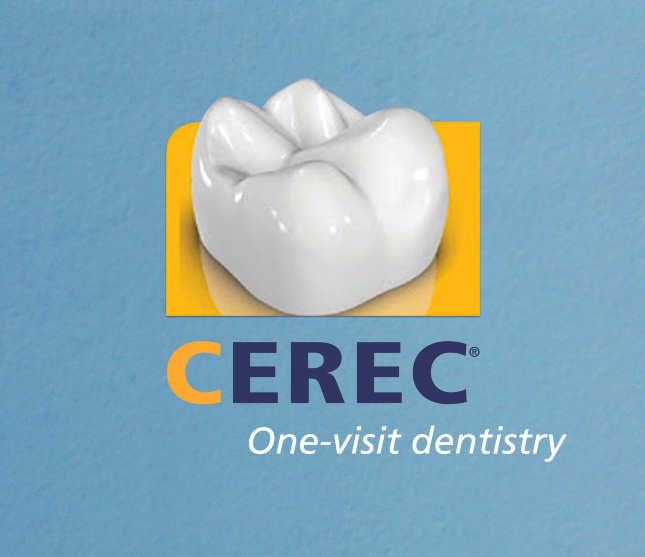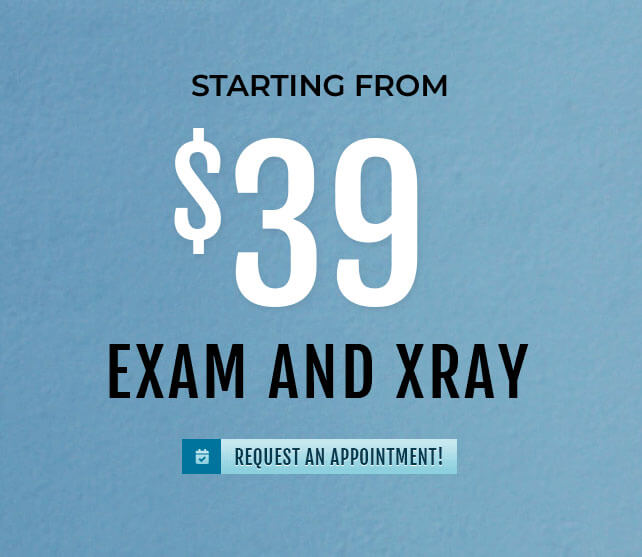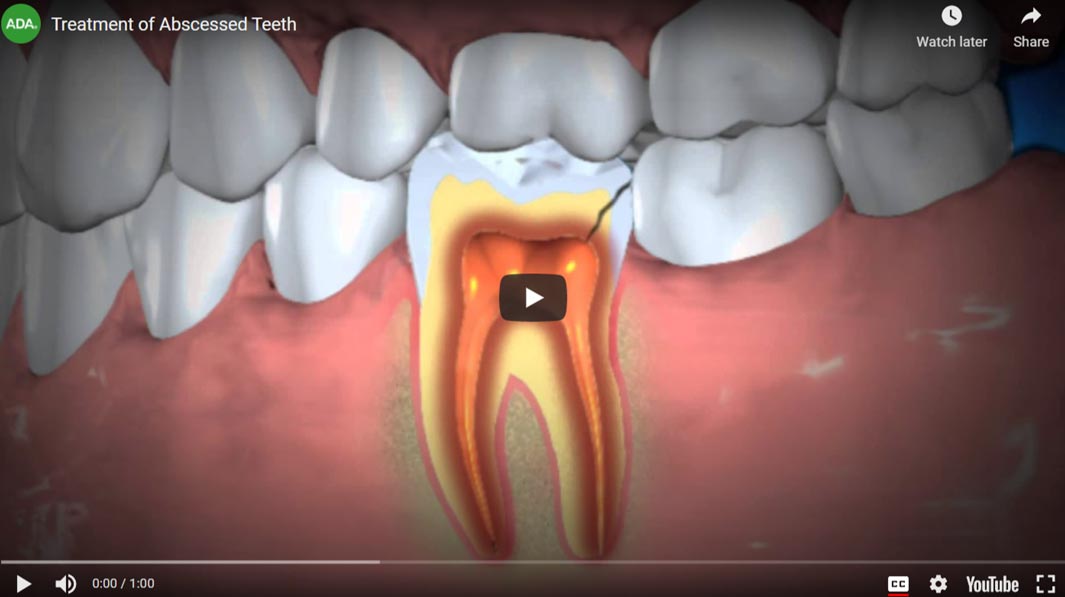A root canal at Alta Dental Care gives patients a chance to experience dramatic symptom relief and restore their oral health with a pain-free treatment option.
What Is a Root Canal Treatment?
A root canal can save a tooth that has become infected or in which the pulp is exposed to bacteria. It involves clearing out the inner part of the tooth (the pulp) and sealing it to prevent bacteria from entering it.



The Treatment at a Glance:
- Treatment Type: General & restorative dentistry
- How Long It Takes: 1 visit under 60 minutes (additional visit if crown needed)
- How Long It Lasts: 10 or more years
- Anesthesia: Local numbing
Benefits of a Timely Treatment
- Alleviate painful symptoms
- Improve dental health
- Pain-free treatment
- Save and restore a tooth
- Prevent the infection from spreading
- Avoid more expensive treatment down the road
How It Works
- Consultation: First, we assess your needs. We examine the tooth and confirm what treatment will best restore your oral health.
- Clearing the Tooth: We carefully remove the inner part of the tooth and sanitize it. The goal is to ensure no bacteria are in the tooth before moving forward.
- Sealing the Tooth: We fill the inner part of the tooth with gutta-percha and then seal it with a filling.
- Dental Crown: Not all treated teeth will need a crown. However, a significantly damaged tooth may require one to fully restore it. In this case, we will take impressions and create a custom crown to cover the tooth. You receive a temporary crown to protect the tooth while waiting for a permanent one.
Schedule Your Consultation
Call the dentist in Upland, CA to set up a consultation for a root canal in Upland. In emergency situations, we even offer same-day appointments for rapid care.
FAQs
Do I need a root canal?
If the inner part of your tooth is at risk, then you will benefit from this treatment. In these cases, putting off treatment can only worsen the situation, as the infection rarely goes away without intervention. Timely treatment can ensure you save your tooth and can find drastic symptom relief.
Alternatives include:
- Dental Filling: If your tooth has minor decay without an infection, you may only need a routine filling. However, an infection or exposed pulp will require a root canal.
- Extraction: When a tooth is beyond saving, a patient may need to have the tooth removed. In these cases, an extraction can be quick and painless. You can then replace the missing tooth with a dental implant or other restoration.
How long does a root canal last?
A root canal can give your tooth a lasting second chance. However, the material used on the tooth will not last forever. Crowns last longer than filling material, but both require care to provide lasting benefits. Oral hygiene will prove of paramount importance in the coming years. This can include:
- Attending routine dental checkups and cleanings twice a year
- Brushing twice and flossing (at least) once daily
- Minimizing sugary or acidic foods
- Treating any oral health issues right away
Is the treatment painful?
The number one question we receive about root canals involves worry about pain. Decades ago, that may have stood as a valid worry. Now, the treatment should involve no pain during your visit. We use local anesthetic to fully numb the treatment site. Even afterward, you should have only minimal soreness. In fact, the main thing patients can notice about the treatment is how much better it makes them feel. With the infection cleared away, all the painful symptoms should rapidly subside.
How much does a root canal cost?
As a medically necessary treatment, a root canal should be covered by insurance. However, the amount of coverage varies based on your individual plan. The overall price can vary slightly, depending on the complexity of the treatment and any additional restorative work required. We work closely with patients to ensure transparent pricing, flexible payment options, and easy-to-understand billing.
Can I eat after the treatment?
We recommend waiting for any numbness to wear off before eating anything. While your mouth remains numb, you may accidentally bite your lip or tongue while chewing. Additionally, the treated tooth area may be somewhat sore afterward, so you may want to chew on the other side of the mouth. If you have a temporary crown over the tooth, you will want to avoid hard foods or biting down strongly on that side.
How many root canals can I have?
As many as you need. However, the ideal situation will be to treat a tooth before it needs a root canal. As effective as the treatment is, it is an imperfect solution compared to a fully healthy tooth. Ideally, patients attend regular appointments to stay on top of their oral health and treat problems before they arise.

"Transforming smiles since 2005"
Really a great dentist they did so well with me and took they time with me I was so nervous when I arrived they took care of me right away I feel so much better and really appreciate the customer service I received I highly recommend them!


